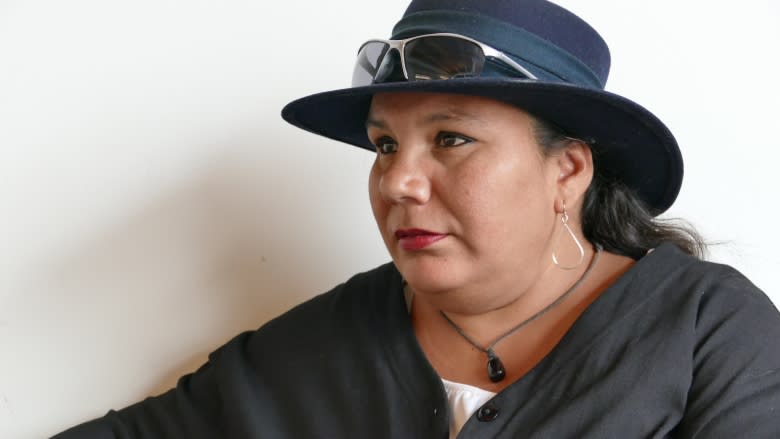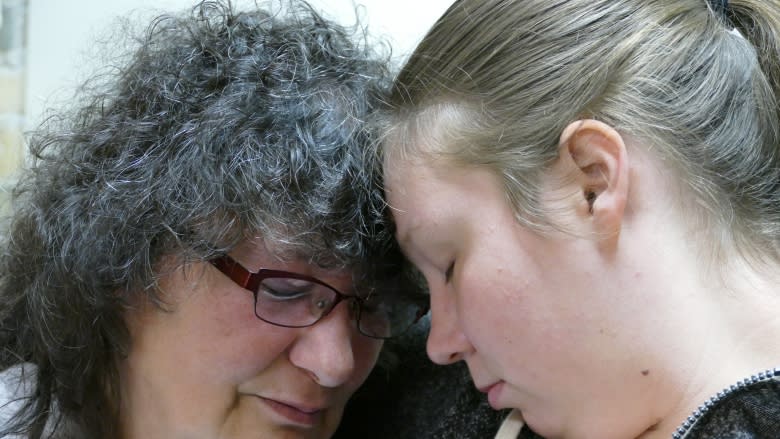Sixties Scoop survivors say birth records 'mysteriously' lost or destroyed
When Lori Ann O'Cheek went to search for her birth records, she was told her files burned in a fire. When Carla Williams asked a different agency for her birth records, she too was told they burned in a fire. Likewise Trevor Bass. Likewise Jessica Sear.
Wayne Snellgrove, on the other hand, was not told his birth records were destroyed. He was told there were none to begin with.
"I got a very nice letter from Vital Statistics telling me I don't exist," Snellgrove said. "I am nowhere to be found."
Different survivors dealing with different agencies from across Canada facing similar barriers to access their past.
It is a yet another twist in the evolving legacy of the Sixties Scoop. Survivors, pulled from their Indigenous homes and adopted by white families around the world, now search for their birth and treaty records only to be told they cannot be found.
"There was no record of my adoption, no record of the adoption agency," Lori Ann O'Cheek said. "I just kept getting answers that the agency burned down and that's it."
Carla Williams was told the same thing. She didn't believe it.
"A fire that I don't believe ever happened, that [the child welfare agency] couldn't confirm at all," she said.
Survivors and critics say it is another example of forced assimilation and the federal government's effort to erase their Indigenous identities.
"If we grow up not knowing we're Indigenous and we're entitled to the land and treaties and status, then they don't have to honour those treaties," said Colleen Cardinal, a Sixties Scoop survivor, author and advocate. "They don't have to resource or revenue share."
That's why so many survivors can't find their way home, she said.
"There are so many Indigenous adoptees out there that have no idea what their rights are," Cardinal said. "That they are connected to the land and to status and to treaties."
Lori Ann O'Cheek was a toddler in Camperville, Man, when her mother began to warn her about strangers in the town.
"She used to warn us if a strange car came onto the reserve, to run as fast as we could," O'Cheek said. "Because kids went missing all the time."
Sure enough, child welfare officials drove up and knocked on their door. Some of her siblings escaped. She did not.
"I tried to run away but I was too young to flee," she said.
She was adopted to a family who moved to Vermont, and she spent the next several years trying to come home.
"I was always running away, just to find somebody I belonged to," she said, adding she was eventually placed in foster care.
Once she found her birth family, she returned to Canada.
To this day, her birth certificate lists her adoptive parents as her parents. Her original birth certificate remains "mysteriously" non-existent.
Former MLA calls for national inquiry
Eric Robinson is a former NDP MLA and was Manitoba's former Aboriginal and northern affairs minister. He said he's "disappointed but not surprised" to hear some survivors can't access their birth records.
"I've heard stories like this for years," he told the CBC. "It's a further violation of these people."
Robinson noted that in 2014, the province attempted to improve access to archived adoption records from before 1999.
But that doesn't help survivors born in other provinces.
"That's why I have long been calling for a national inquiry into the Sixties Scoop," he said. "We need a proper investigation and we need answers."



